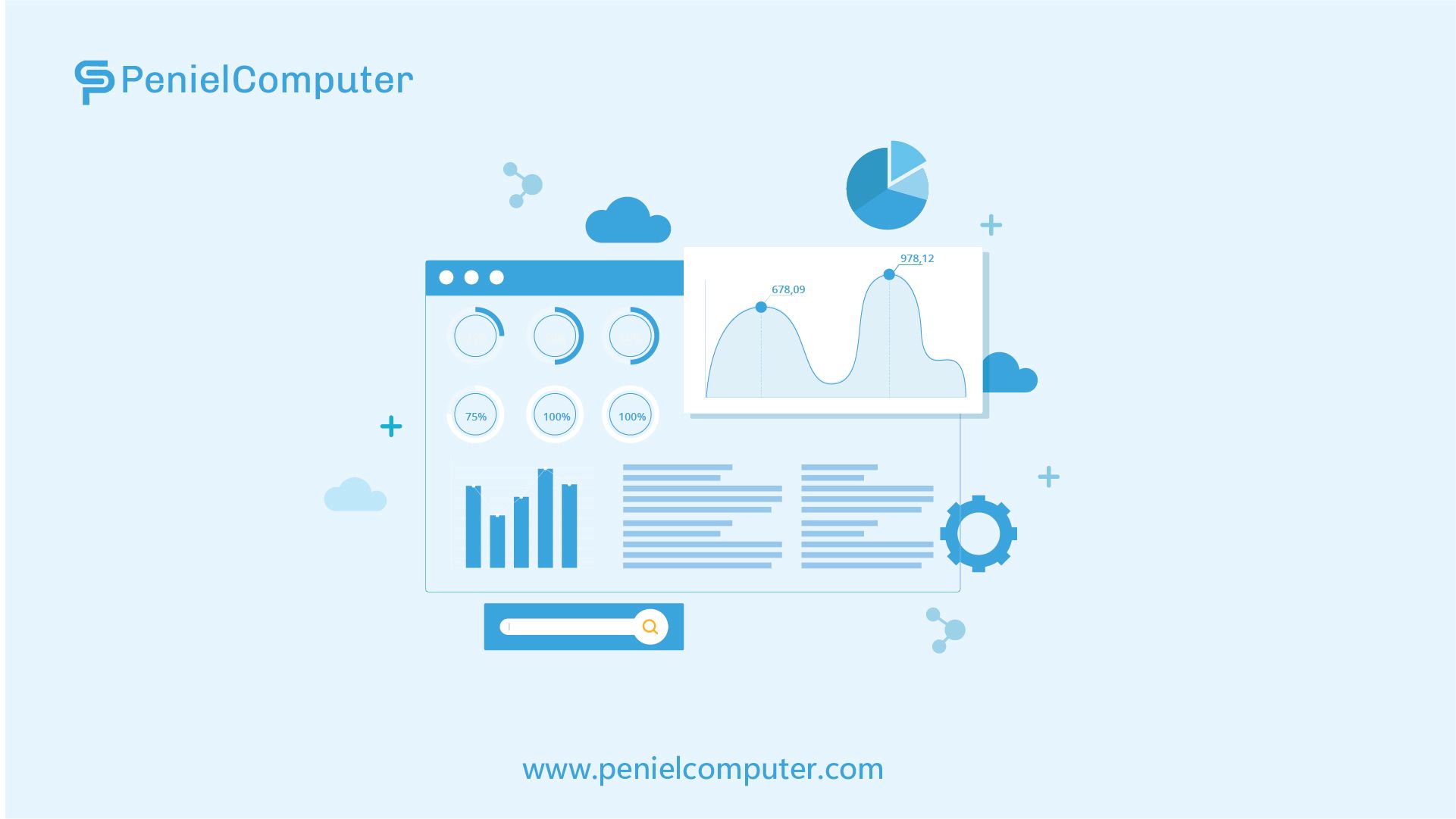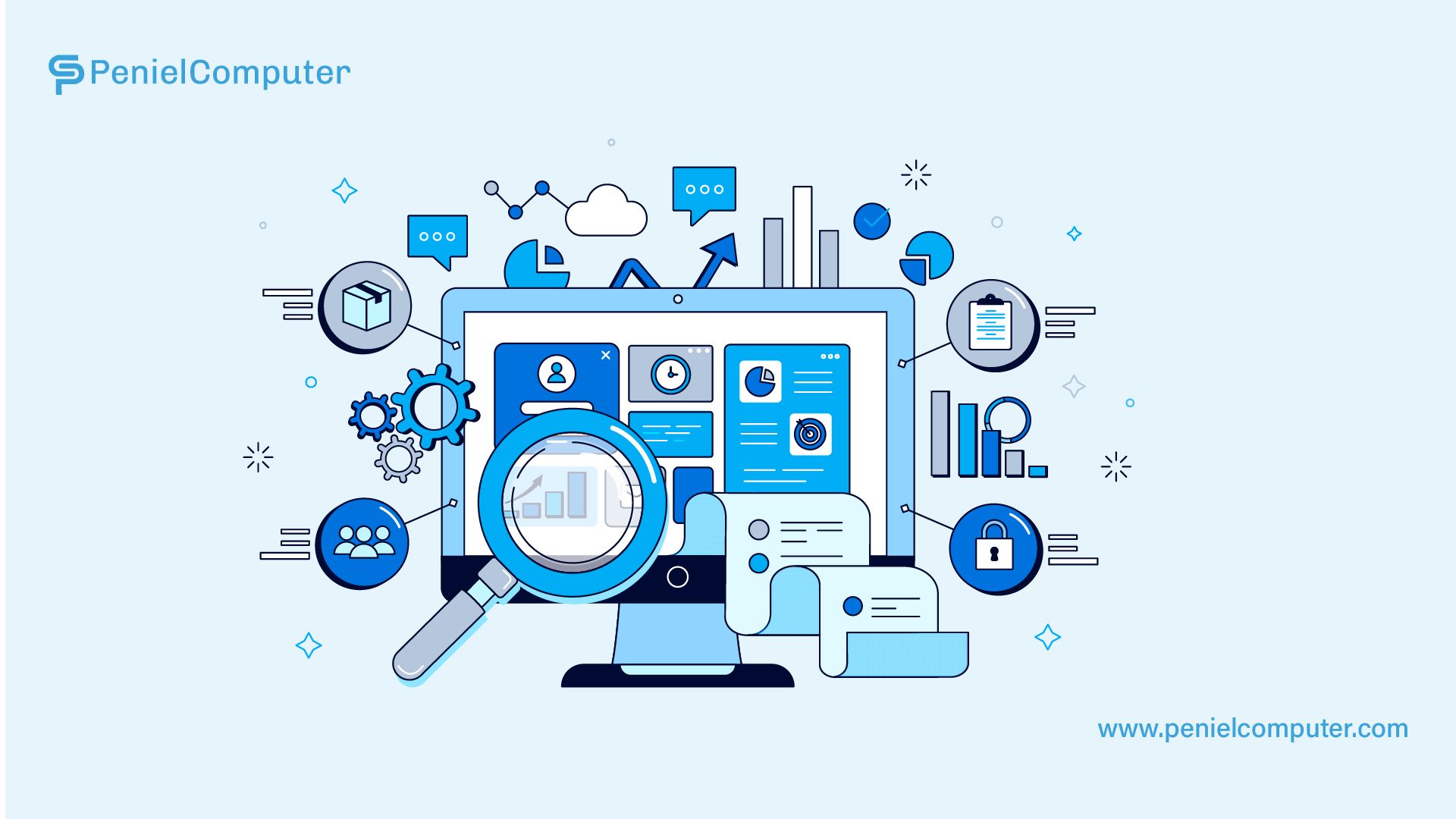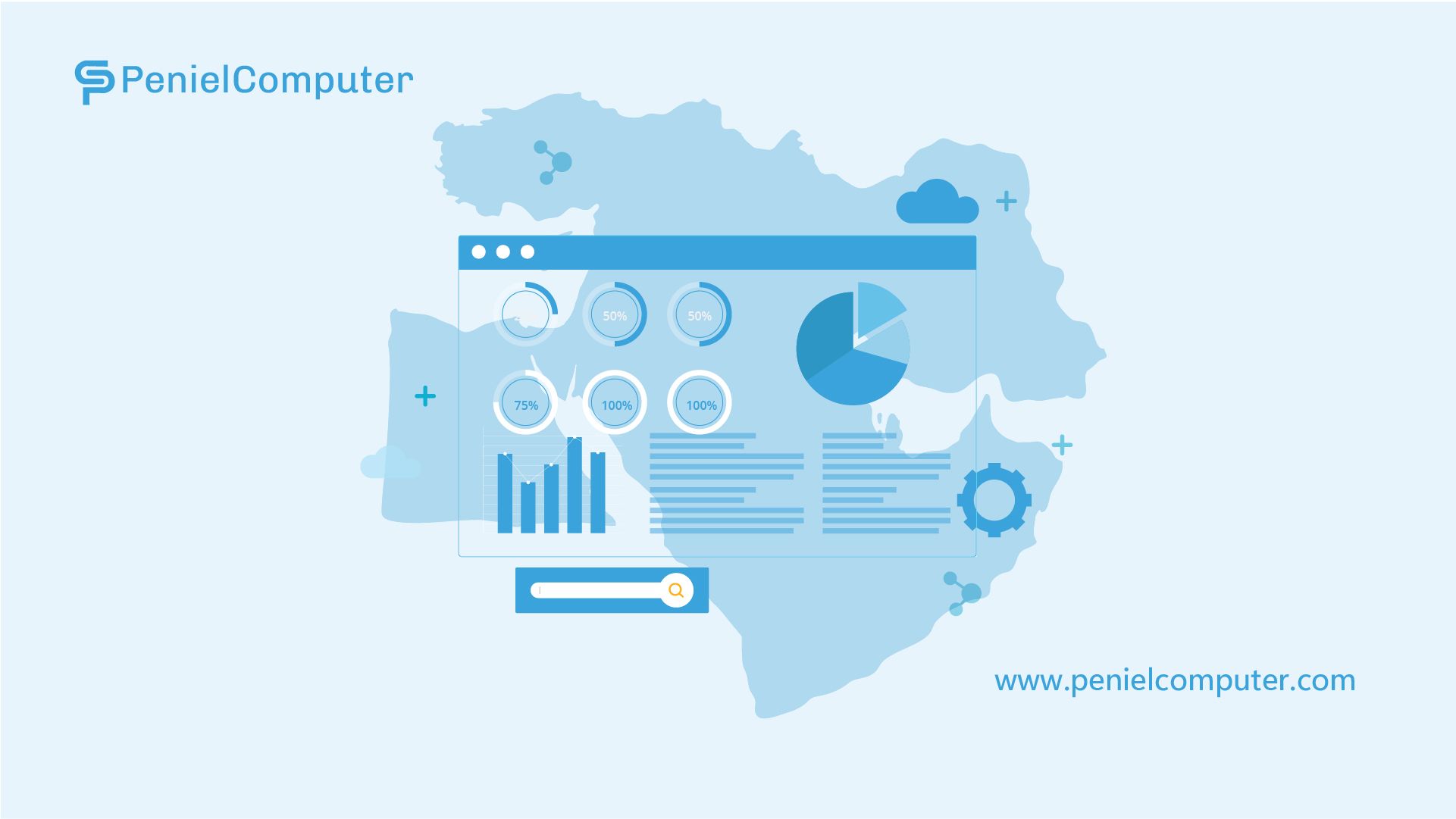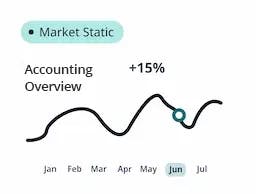
Admin
2024-01-19
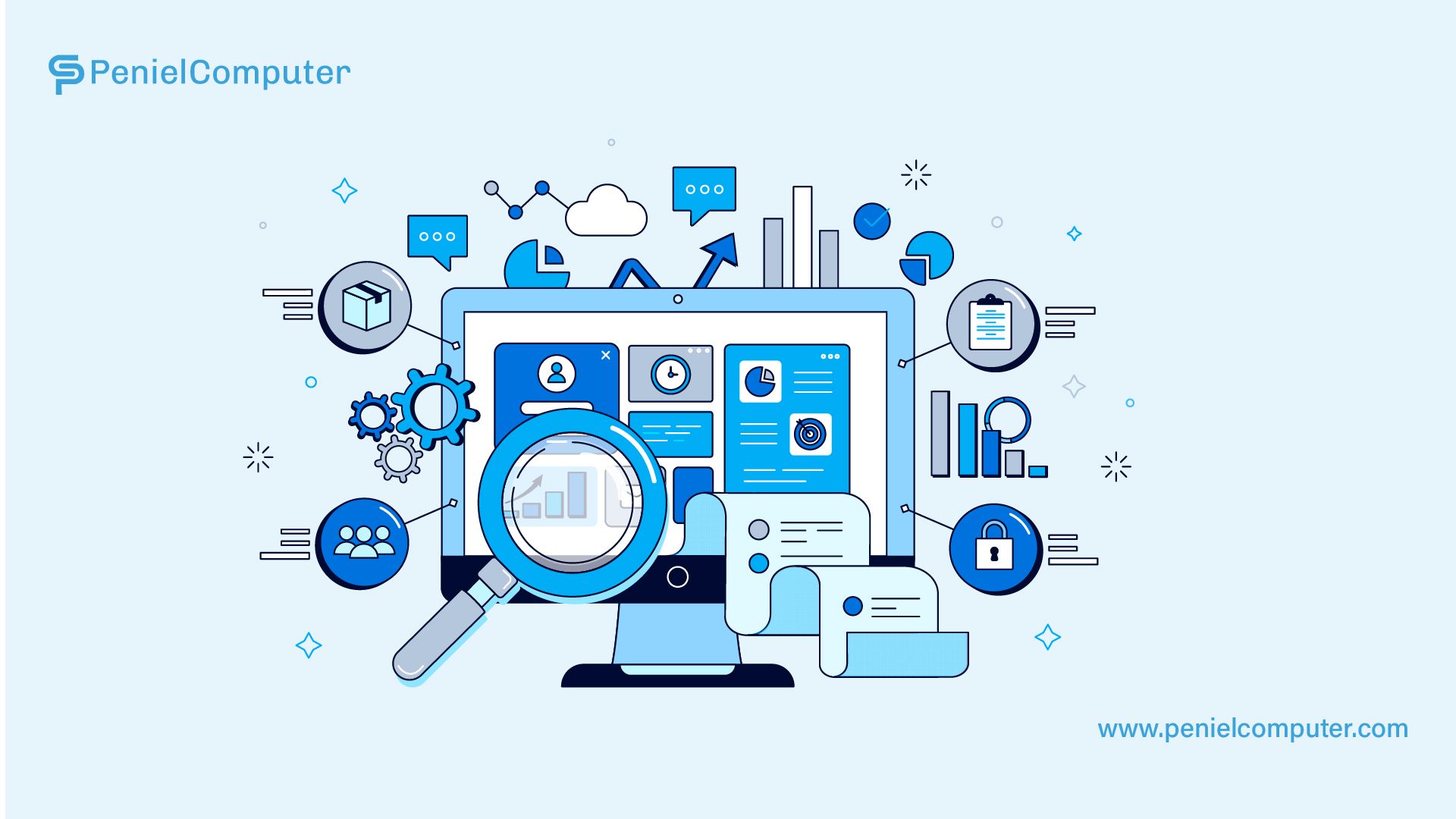
One of the keystones supporting an organization&pos;s performance and long-term viability is procurement. It includes the complex process of obtaining products and services necessary for a business's operations, making it a crucial role affecting output, effectiveness, and profitability. Procurement is more than just buying; it also includes risk management, supplier relationships, strategic decision-making, and compliance adherence. ERP for procurement is going to help with all the challenges faced by Oman businesses.
Contact us?
In today's global supply chains and ever-changing customer demands, procurement holds increased significance in business success. The procurement landscape has transformed due to advanced technology integration and process enhancements, notably through ERP systems. These changes help businesses adapt to unpredictable market conditions and achieve their objectives effectively. These developments offer strategic advantages that drive value well beyond the traditional transactional components of procurement.
Procurement procedures are essential to the success of organizations in the modern corporate world. The procurement market has seen a considerable transformation due to the integration of Cloud ERP systems, which offer strategic advantages beyond transactional features. These technologies have developed to offer a range of advantages, changing the procurement environment and fostering company expansion and agility.
What Are the Benefits of Using an ERP for Procurement?
Adopting an ERP for procurement offers several key advantages. It includes enhanced process automation and advanced capabilities for data, reporting, and analysis. For example, an ERP system can aid in creating more effective requests for quotes (RFQs). It also facilitates the swift selection of the best option among the received responses.
Automation of Procurement
Once operational, you can automate a significant part of the procurement process. You can establish systems to track inventory and place orders as required. Whether you need parts for just-in-time manufacturing or to stock retail shelves full, this can assist you and reduce the amount of working capital you need.
Cost Monitoring
Accurate cost tracking is crucial, encompassing taxes, shipping, orders, and other essential expenses. It aids in reducing the cost per unit gradually and maintaining accurate financial projections in accounting software. Even a slight improvement in cost per unit can result in significant long-term savings, amounting to thousands or even millions of dollars over time.
Relationship Administration
As your company grows more complex, managing all suppliers and vendors might become challenging. Centralizing vendor relationship data via an ERP helps. It includes contracts, pricing, purchase orders (POs), orders, and payments, providing every team member with visibility into each vendor connection's status.
It's critical to utilize a system to track your vendors, much as many firms use CRM (customer relationship management) systems to track customers. Most high-quality ERPs already have it built in.
Integrated Source of Data
When each department tracks business information using its system, there may be discrepancies in the numbers, miscommunications, errors, and ultimately bad business judgments. With an ERP, the business's indisputable information source is a single data set that is accessible to all ordering parties.
Analysis and Reporting
Only when corporate data informs planning and decision-making processes is it considered useful? When utilized properly, an ERP software solutionmay produce reports and dashboards with cost, delivery, and other statistics automatically. To assist you in making well-informed judgments about relationships and orders, a report may, for instance, compare prices, faulty rates, and delivery times across vendors.
7 Ways to Optimize Procurement With ERP
We've covered a few of the high-level advantages of employing ERPs for cost and efficiency management thus far. Here's a closer look at seven ways ERP systems may improve procurement.
Supplier Relationship Management:
Keeping track of all communications, contracts, and pricing information about suppliers can be helpful for upcoming discussions and order decisions. The ERP provides the information needed for a new team member to immediately ramp up when they join your department or take over an existing connection.
Sourcing:
A member of the procurement team can use the ERP to review previous purchases and evaluate sourcing alternatives when supplies are required. The ERP could perform the calculations and quote comparisons.
Contract Management:
When a contract is about to expire, notifications can be sent out via the ERP for procurement. Additionally, you can add contact information to evaluate possibilities more effectively or prepare yourself for talks.
Order Management:
For end-to-end tracking and order management, match orders with POs, shipping information, and payments. Compared to manual methods, automated matching is significantly easier to use for large organizations with a high volume of incoming orders.
Requisitioning:
The ERP can automatically process quotes and maintain conversations during an internal requisition RFP process to assist you in selecting the best candidate.
Payment Processing:
By utilizing digital payment technologies, the order and payment systems relationship can fully automate payments. This eliminates the need to mail physical checks and obtain signatures for payment approvals. The system can notify the accounting or accounts payable (AP) teams for further review if there's a discrepancy.
Purchase Planning:
Cost and inventory insights support future purchase planning for recurring, one-time, and seasonal demands.
Choosing the Appropriate ERP for Your Business
There are several providers of ERP software available. Look at features and how the ERP can work with your existing business rather than just choosing based on pricing or convenience.
If you've concluded that your company's current tools and processes are insufficient, think about ways to boost sales, save money both directly and indirectly, and improve team productivity with a centralized ERP.
Additionally, you will need to decide between self-hosted and cloud ERPs. With cloud-based ERPs, you can securely access company data from any location, even your home office, without having to pay for expensive server maintenance. Thus, choose a reliable ERP provider like Penieltech's Elate ERP for more benefits.
Latest News
From Our blog and Event fanpage
